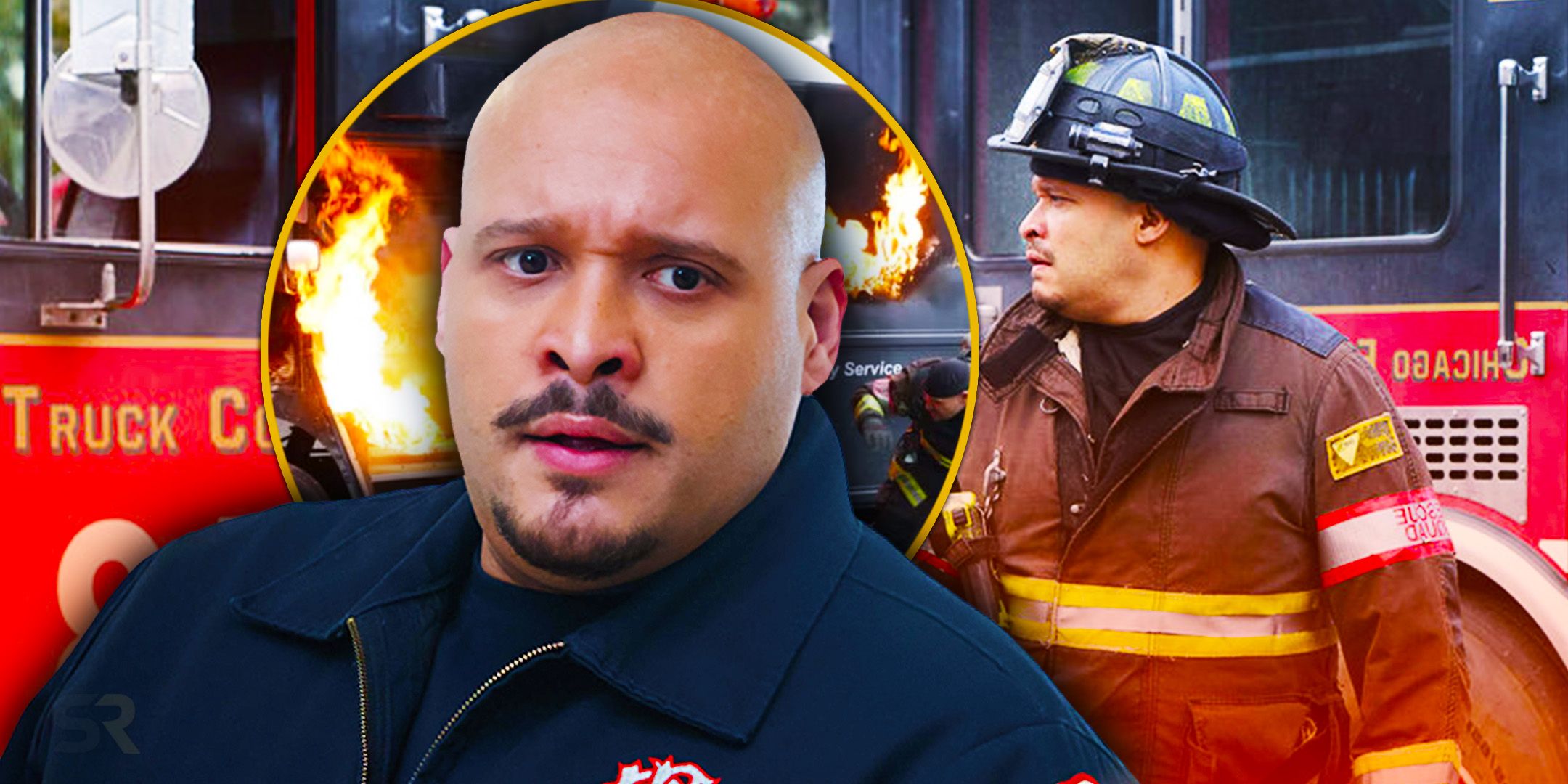The sirens fade, the set lights dim, and the grit of Firehouse 51 gives way to something far more personal. For viewers, Joe Miñoso is indelibly linked to Joe Cruz on NBC’s Chicago Fire—steadfast, big-hearted, and battle-tested. Off camera, though, Miñoso leans into a different kind of strength: a grounded, family-first rhythm and a deep connection to Chicago that nourishes both the person and the performer. This quieter script—written in shared meals, neighborhood moments, and creative rituals—helps fuel the authenticity fans feel every time Cruz steps into the frame.
The Man Behind Joe Cruz
Long before the call of “Action!” Miñoso is intentional about who he is and what he values. Fame may amplify a public image, but it is his private priorities that keep him centered. He approaches success as a balance between craft and character—off-screen commitments that inform, steady, and humanize his on-screen work.
From Set to Sanctuary: A Family-Centered Day-to-Day
Shift the scene from a firehouse drill to a morning at home: the coffee maker hums, sunlight spills across the kitchen, and schedules are shaped less by scripts than by routines that matter. Miñoso deliberately trades the intensity of storyline crises for small, meaningful moments—family breakfasts, playful chatter, and the easy, everyday closeness that can be hard to find in a high-pressure industry.
His wife—also immersed in the acting world—understands the unpredictable rhythms of production. Together, they protect their home as a refuge from the performative demands of public life. Inside that sanctuary, the only role that counts is being present. Storytime on the couch, a home-cooked dinner, or a quiet evening after a long shoot may not generate headlines, but these rituals replenish the energy it takes to portray a first-responder who constantly faces the stakes of life and death.

Chicago Is More Than a Backdrop
While many actors gravitate to Los Angeles or New York, Miñoso keeps Chicago as his home base—and not just because the show films there. He embraces the city as a living, breathing community: a place where grit meets heart, where neighbors look out for one another, and where creativity thrives beyond the spotlight.
It is not unusual to spot him doing regular-city things: browsing a local bookstore, grabbing a quiet coffee, or chatting with staff at a neighborhood spot. He engages with Chicago’s vibrant theater scene and supports community arts initiatives, reinforcing a belief that storytelling belongs not only on primetime but also on small stages, in classrooms, and at block parties. In a town that prizes authenticity, he is less “celebrity” and more familiar face—a thread in the city’s fabric rather than an image on a billboard.

Creative Rituals That Restore
The work of acting demands focus, empathy, and stamina. To cultivate those qualities, Miñoso turns to private pursuits that reset the mind and invite reflection. He keeps the specifics largely to himself—an intentional boundary in a share-everything era. But whether it’s strumming a guitar for the sheer joy of sound, coaxing comfort from a simple recipe, or getting lost in a great book, the intent is the same: to reconnect with the quiet, off-grid spaces where creativity is replenished.
These slow, personal practices might not be destined for social media, and that is precisely the point. By decoupling joy from visibility, he preserves a pocket of life that exists just for its own sake. The result is a steadier presence—one that shows up on set with clear eyes and a full heart.
How Home Life Shapes On-Screen Truth
Fans love Joe Cruz because he feels lived-in: loyal without being saintly, strong without posturing, vulnerable without giving up his edge. That layered realism doesn’t come from imitation; it’s rooted in the steadying influence of life outside the lens. When an actor’s emotional world is rich—neighbors who know your name, loved ones who keep you grounded—it inevitably informs the work. The calm Miñoso cultivates at home becomes the composure Cruz carries into a crisis. The community ties he nurtures off set mirror the brotherhood and sisterhood of Firehouse 51.
In other words, the character’s backbone is built on the person’s values. The quieter the off-hours, the more convincing the on-screen urgency.
A Public Figure Who Chooses People Over Publicity
Even as his profile has grown, Miñoso gravitates toward connection over spectacle. He is known to show up with genuine warmth—whether that means taking a few extra moments with a fan, lending his name to a cause close to the neighborhood, or championing local artists whose work deserves a wider audience. With each interaction, he reinforces a simple idea: television may deliver visibility, but community creates belonging.
That approach resonates in a media landscape that can sometimes value noise over nuance. By keeping the focus on people and place, he models a more sustainable path through the industry—one where success is measured not only by ratings and renewals but also by relationships and roots.
Authenticity as a Professional Advantage
There is a practical upside to all this groundedness. The emotional ballast of a private life—kept intentionally offstage—helps an actor weather the unpredictability of long-running television: story pivots, production sprints, and the relentless pace of episodic schedules. When you know who you are at home, you can stretch further at work. When you return, day after day, to routines that restore you, it shows up in performances that feel consistently human.
That is the paradox of great acting: the more securely you live off camera, the more freely you can disappear into a role on camera. Miñoso’s choices underscore that truth.
Why This Matters
Joe Miñoso’s life beyond Chicago Fire is not a subplot—it is the engine that keeps his portrayal of Joe Cruz honest, resilient, and resonant. By prioritizing family, investing in Chicago’s cultural life, and guarding time for private creativity, he has built a framework that supports both his craft and his character. The result is a performance that feels less performed and more lived.
In an era that often equates visibility with value, Miñoso offers a different metric for success: measure it by presence, by community, by the everyday rituals that return you to yourself. When the fire truck parks and the final cut is called, he steps back into a world that needs no audience—only attention, care, and love. That quiet integrity is not just admirable; it is the very thing that keeps the flames of great storytelling burning bright.
